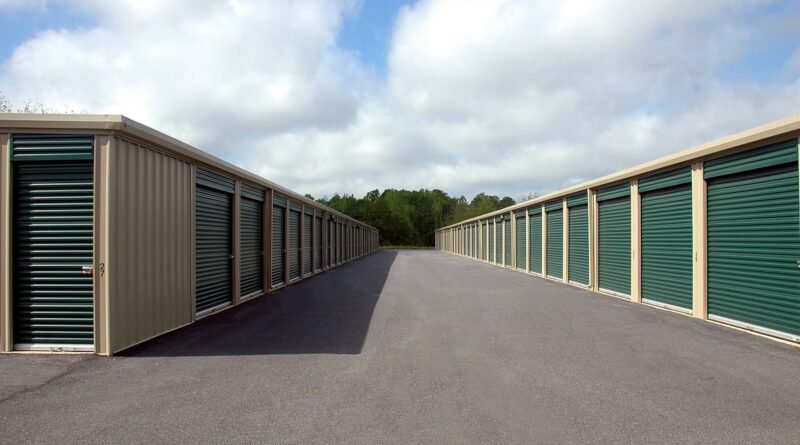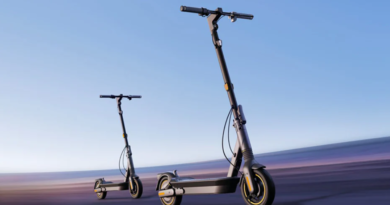Vehicle Storage Options: Covered vs Uncovered
When purchasing a vehicle, storage may not be the first thing on your mind. After all, the most common parking spots would be right outside your home or apartment. However, several circumstances might necessitate the use of vehicle storage – perhaps an extended overseas job posting, ownership of a vintage car, or simply having an extra vehicle that isn’t frequently used. Understanding your vehicle storage options is crucial in making an informed decision that best suits your needs.
Vehicle storage comes in two primary types: covered car storage and uncovered car storage. In this article, we delve into these two categories, detailing their pros and cons, and helping you decide which one is the right fit for you.
Covered Car Storage: A Closer Look
Covered car storage encompasses a few different varieties. It includes simple covered parking spaces, much like oversized multi-vehicle carports, and shared enclosed units that resemble car warehouses. The third type is private enclosed units, where your car has its dedicated space.
Pros and Cons of Covered Car Storage
The advantages of covered car storage are numerous. Primarily, it protects your vehicle from the whims of weather and exposure to the sun. This feature is particularly valuable for vintage cars, with some facilities even offering climate-controlled units for better preservation.
Added security measures are another benefit of covered car storage. Many storage lots are closed and even feature locked private units. Top-tier car storage lots offer active video monitoring, ensuring the safety of your vehicle during its storage period.
However, covered car storage has its drawbacks, with cost being a significant factor. The charges for a private unit surpass those for a shared unit, which, in turn, costs more than a covered parking spot. A private, climate-controlled unit commands the highest price. Notwithstanding, many businesses, such as Kingston Ideal Storage, provide both covered and uncovered storage options.
Uncovered Car Storage: An Overview
Uncovered car storage is reminiscent of a regular parking lot outside a business or a home driveway. Some options offer a paved lot, while others provide a dirt lot for parking.
Pros and Cons of Uncovered Car Storage
Uncovered car storage presents two main advantages. First, it offers improved security compared to leaving your vehicle parked at an unattended home or apartment. Second, it is a less expensive alternative to covered storage.
On the downside, uncovered vehicle storage leaves your car exposed to the elements, be it snow, hailstorms, or blazing sun. This exposure can lead to faded paint and upholstery damage due to sunlight.
Covered vs Uncovered Car Storage: Which One Is Right For You?
The decision between covered and uncovered car storage boils down to several factors, with the type of car you own being a major consideration. If your vehicle is vintage or high-value, you’d probably prefer covered car storage or even a private unit.
However, if your primary aim is a secure location for your car while you’re out of town for a while, uncovered car storage might be the best fit. It’s also the go-to option if you’re working with a tight budget.
Are you on the hunt for more automotive advice? Be sure to explore the other informative posts in our Automotive section.




